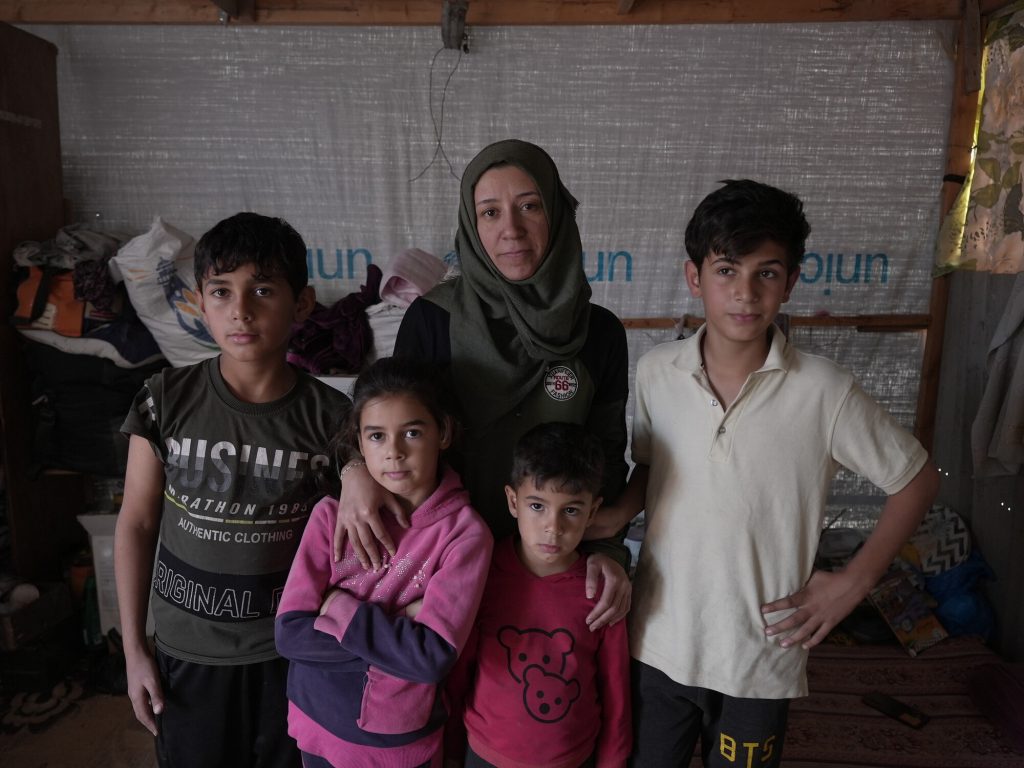Climate change brings chaos to impoverished region of India
The monsoon season is usually a welcome event for Sundari and her neighbours. Every year, it brings in cool, wet weather, a reprieve from the intense heat and dryness of the previous months in Assam, a remote and poor region of India.
The rain, while heavy, allows residents to grow crops and refill water sources for their family and their animals. It can often be the difference between life and death for many in Assam.
But climate change has affected the normally predictable seasons in this part of the world. The monsoons last longer, are larger and, in 2017, were accompanied by Cyclone Mora.
Sundari, a widow who lives with her youngest of five children, experienced repeated waves of flooding in June and July of 2017 during the cyclone. Communities already living below the poverty line were the ones most affected. Many families lost their homes, sources of income, household items and other important belongings. Poor households bore the brunt of this disaster.
In addition, the heavy rains contaminated water sources, forcing people to drink rainwater or polluted water. Diarrhoea and vomiting were frequent and the spread of water-borne disease like cholera and diphtheria was a growing concern.
Humanitarian Coalition member Oxfam Canada accessed funding from the Canadian Humanitarian Assistance Fund to install emergency toilets and bathing cubicles, repair and treat water sources and distribute hygiene kits containing water purification tablets.
Sundari received chlorine tablets along with two buckets from Oxfam during the distribution.
“Now after storing the water in the bucket after purification with the tablets, my family members are healthy and free from any waterborne diseases,” she said.
“I have learned the process of water purification from the Oxfam team members.”

